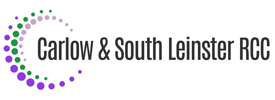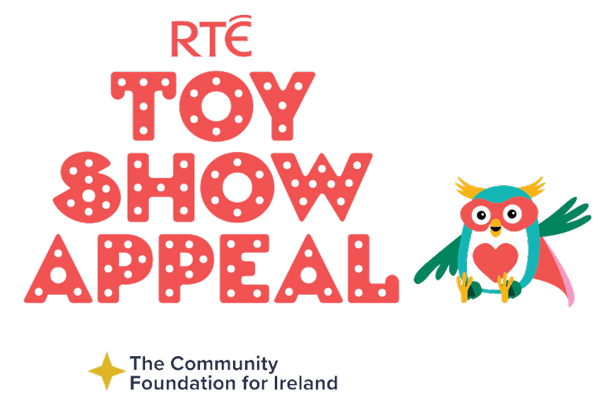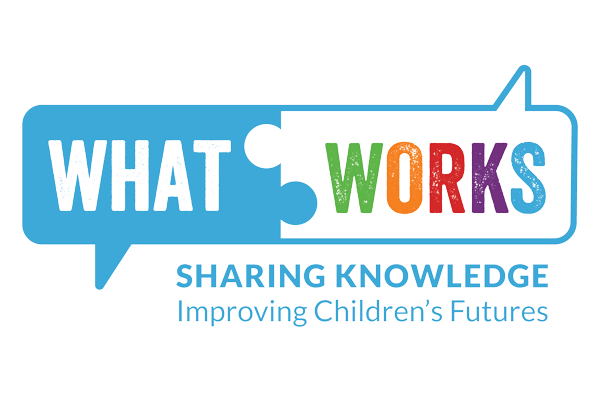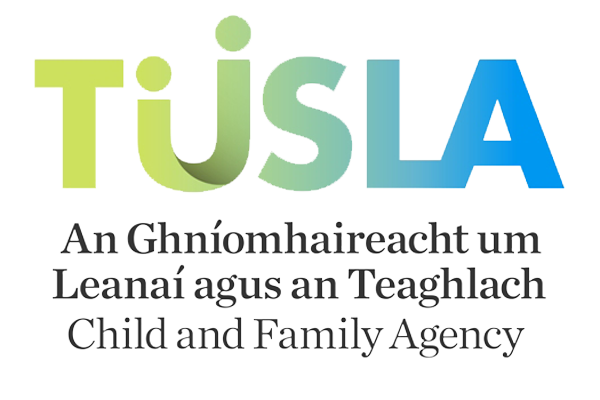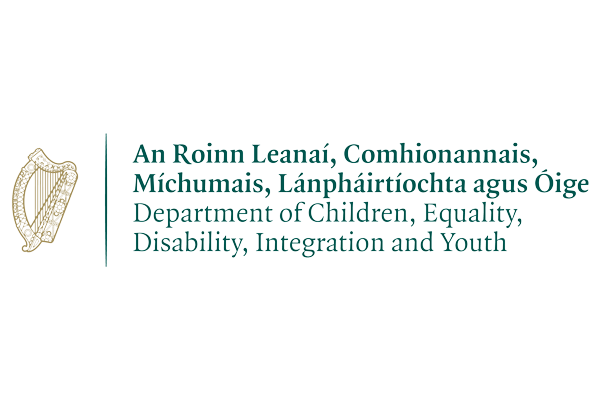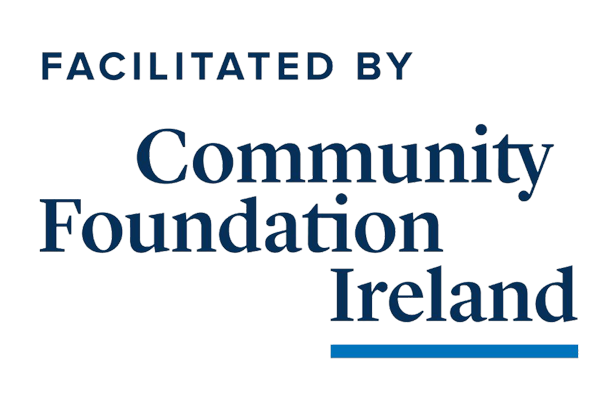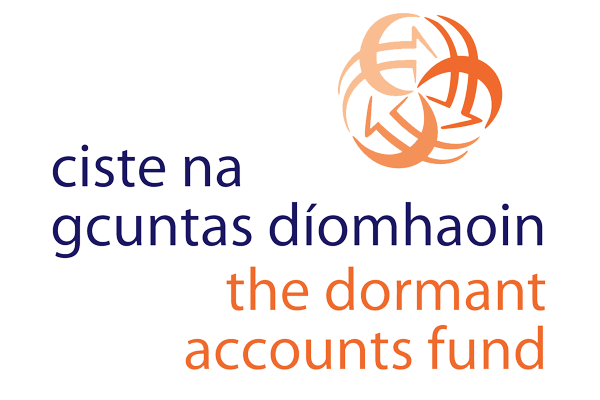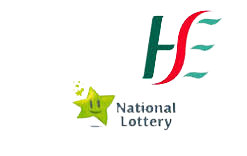Sexual violence is any sexually related act where some sort of violation occurs without consent. This can be in the form of rape or assault.
Rape is any kind of penetration, no matter how slight, of the anus, mouth, vagina with the penis or any other object.
Sexual assault is an act of physical, psychological and emotional violation, in the form of a sexual act, which is inflicted on someone without consent. It can involve forcing or manipulating someone to witness or participate in any sexual acts.
Examples of sexual assault include…
- attempted rape,
- being touched in a sexual way which can include touching of genitals,
- inappropriate comments of a sexual nature,
- being forced to look at sexual images.
Medical care may be vital after a physical sexual assault. You may need medical attention even if there are no outward signs of a physical attack.
- You need to check for sexually transmitted diseases.
- You may wish to avail of the morning after pill.
- You may need a pregnancy test.
- You may need cuts, bruises and other injuries tended to and might require antibiotics.
If you call the Gardai, they will bring you to the Sexual Assault Treatment Unit (SATU), where this vital medical care will be provided. You can also self-refer to the SATU. The number for Waterford SATU is 051 842 157 on weekdays and 051 848 000 after 5pm and on weekends.
By using the services of the SATU or Gardai, you are still under no obligation to report the rape. Gardai will take a basic statement, but you will have the right to decide later whether or not to go ahead with proceeding with a case.
There is no right or wrong way to feel. Any feelings you have are valid and should not be dismissed. Sexual assault and rape can be very traumatic and disturbing and can impact on your daily life for weeks or months after the assault. You may not be able to sleep or eat, you might have flashbacks. You might experience feelings of numbness, disbelief, anxiety and fear.
You may develop trust issues even with the people who are closest to you. You may experience low self-esteem and a loss of interest in sex. You may change your mind about what you want to do and how you feel several times a day. You may experience hardly any of these feelings or all of them. This is the result of experiencing trauma.
Nothing that has happened is your fault and you deserve support. If you would like to talk to a counsellor, call CSLRCC on 1800 727 737.
The trauma of sexual abuse, sexual harassment and rape is something that is carried silently by many members of our community. Counselling and therapy offers social support to survivors and helps them to examine their feelings around the abuse they have experienced and how they are coping with their present lives.
Your counsellor/therapist is not there to judge you or tell you what they think you should do. They are there to listen, believe and support you and to respect the choices you make. Your counsellor/therapist will be able to offer you information about some medical and legal issues and the reporting process. Your counsellor/therapist will be able to help you to explore the choices you have, however, whatever decisions you make are completely up to you.
If you are interested in trying therapy/counselling, call the helpline on 1800 727 737
Due to the nature of our service, appointments are very much in demand, therefore, we do have a waiting list. Waiting times may vary but you will be informed of an approximate waiting time when you make contact. We make every effort to have an initial meeting as soon as possible in order to start the assessment process.
Because we are a charity, we ask for a contribution which many of our clients choose to make in person at their session or by using one of our methods of donation. To donate online, please visit our DONATE page.
You can make an appointment by contacting the helpline on 1800 727 737 or by calling the main office line on 059 913 3344

